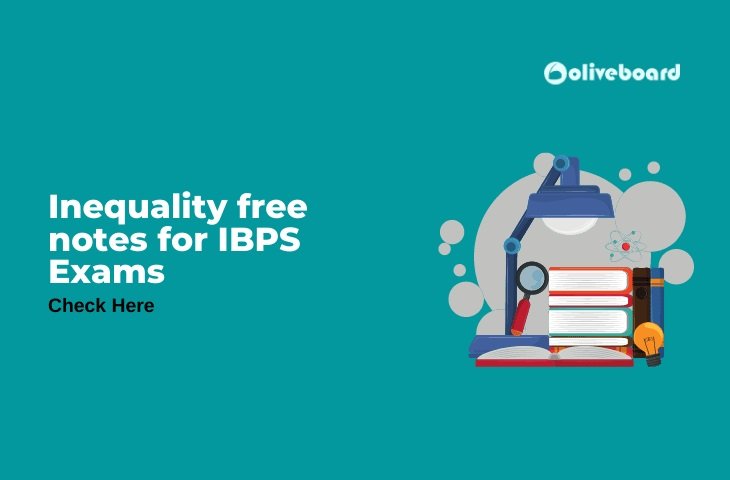For high-achieving students, the relentless pursuit of academic excellence can often lead to a detrimental state commonly referred to as academic burnout. It is a mix of exhaustion, cynicism, and feelings of reduced accomplishment. Designed to offer strategies to counter this state, this article will explore how integrating leisure and fun into your study routine can revitalize your enthusiasm and sustain your academic pursuits. Below, we delve into practical steps to maintain academic vigor without compromising personal well-being.
Creative Study Breaks: Incorporating Fun Into Your Study Routine
Incorporating creative breaks into study routines can significantly enhance focus and mental well-being. Activities like playing a game of Big Bass Bonanza not only provide a fun distraction but also help improve skills like hand-eye coordination and reaction time. Similarly, crafting—whether through drawing, painting, or working with clay—can lower stress levels and offer a satisfying sense of accomplishment outside academic pressures.
Spending time in nature can refresh the mind and stimulate innovative thinking. A quick walk in the park or caring for houseplants introduces new sensory experiences that can invigorate the study process. Viewing these breaks as strategic tools rather than distractions allows students to create a balanced schedule that nurtures both their academic goals and personal enjoyment.
The Hidden Dangers of Academic Burnout for High-Achieving Students
Academic burnout is a common issue among high-achieving students, who often find themselves in a constant cycle of studying, leading to decreased productivity, passion for learning, and detachment from their studies. This can result in physical and emotional symptoms like chronic fatigue, insomnia, and anxiety, which can hinder performance and reduce information retention.
The consequences extend beyond the classroom, as relationships and extracurricular activities may be neglected as students’ interests narrow to academics. The intense academic pressures can blind students to the joy of learning, making it crucial for them to recognize the importance of balance in their academic pursuits.
Building a Supportive Network to Maintain Study-Life Balance
Building a supportive network is essential for students seeking a healthy study-life balance, especially those pursuing a bachelor’s degree in health information management. Friendships formed within academic settings foster shared understanding and encouragement, while relationships outside of school offer a broader perspective, helping students step back and recharge.
Mentors like professors and advisors can guide students in managing their time effectively, recognizing burnout, and developing solid study habits. Staying connected to family and key friends ensures that students don’t solely define themselves by academics, but rather by a well-rounded life filled with valuable relationships.
Balancing Study and Leisure: Why Downtime is Crucial for Learning

Downtime is crucial for the learning process, as it allows the brain to absorb and apply new knowledge. Engaging in leisure activities can rejuvenate the mind, allowing students to return to academic tasks with renewed energy and fresh perspectives. This detachment from studies is not procrastination but a strategic component of effective learning methodologies.
Leisure also promotes creativity and critical thinking, as activities like sports, arts, and socializing can spark new ideas and problem-solving approaches essential for academic success. A well-rounded regimen that includes time for both is beneficial for not only academic success but also overall happiness and satisfaction.
Embracing Mindfulness and Well-being Techniques for Long-Term Academic Success
Mindfulness practices, such as meditation and breathing exercises, are increasingly popular among students to improve academic performance and overall well-being. These techniques reduce stress, increase concentration, and promote a sense of peace. Regular physical activity is crucial for cognitive function and mental resilience, making it essential for academic success.
Sleep hygiene is crucial for better rest, which directly impacts learning and retention. A balanced diet fuels the brain and body, preparing students for the rigors of their studies. Well-being techniques, including dietary habits, contribute to a student’s ability to handle stress and maintain a healthy lifestyle.
Overall, achieving academic excellence while maintaining a zest for life is a balancing act that requires conscious effort. Through a blend of strategic breaks, supportive networks, and mindfulness practices, students can protect themselves from burnout and enjoy a fulfilling educational journey that nourishes both the mind and the soul.




